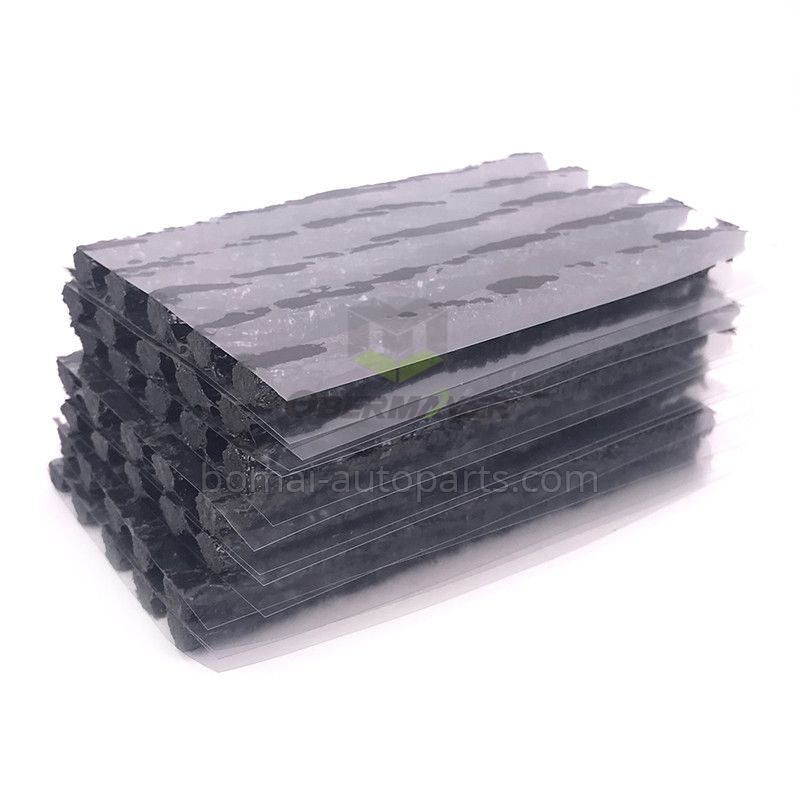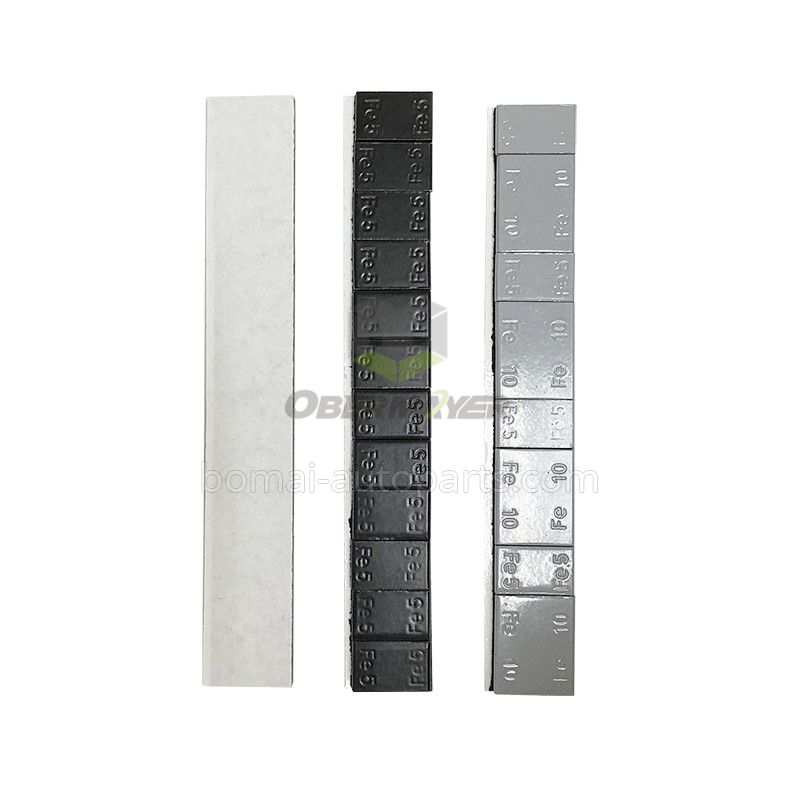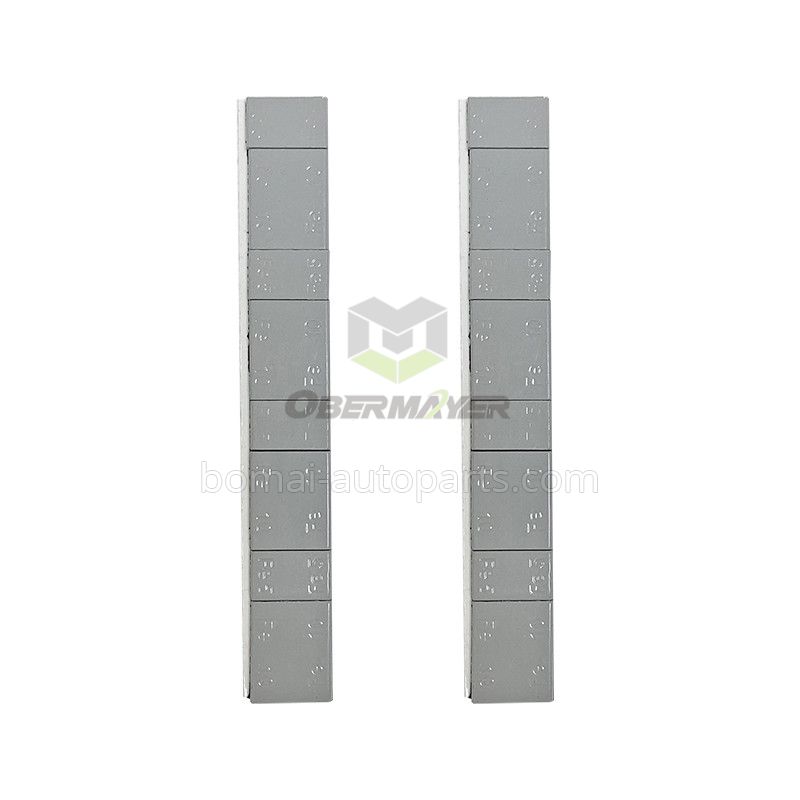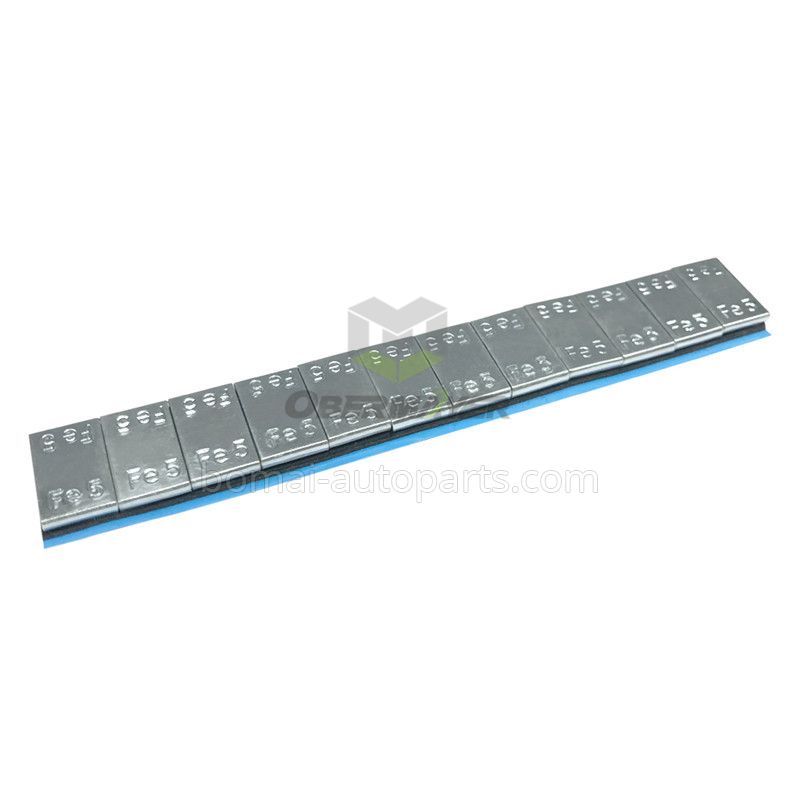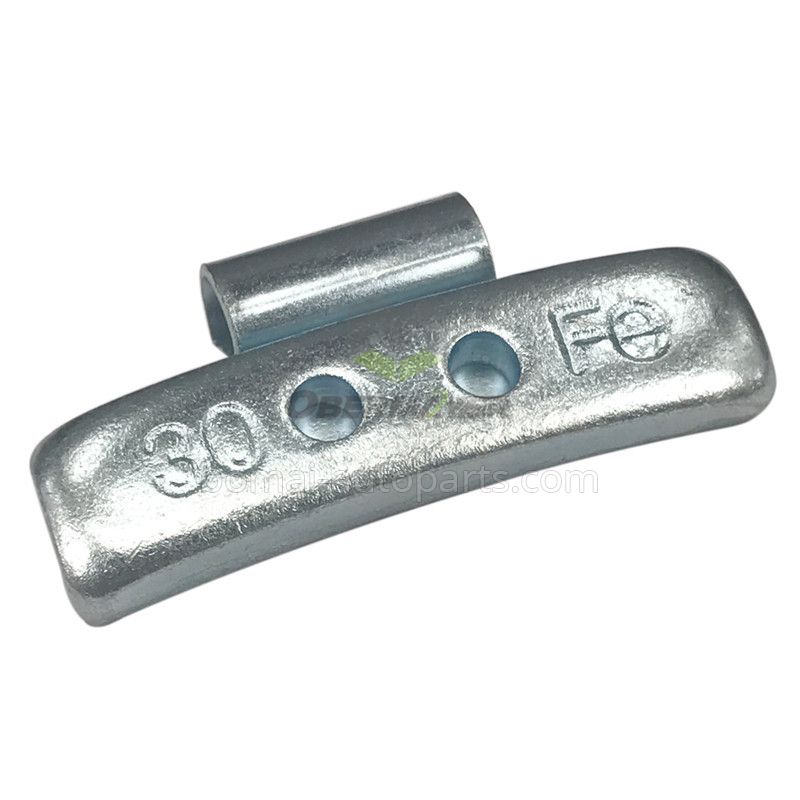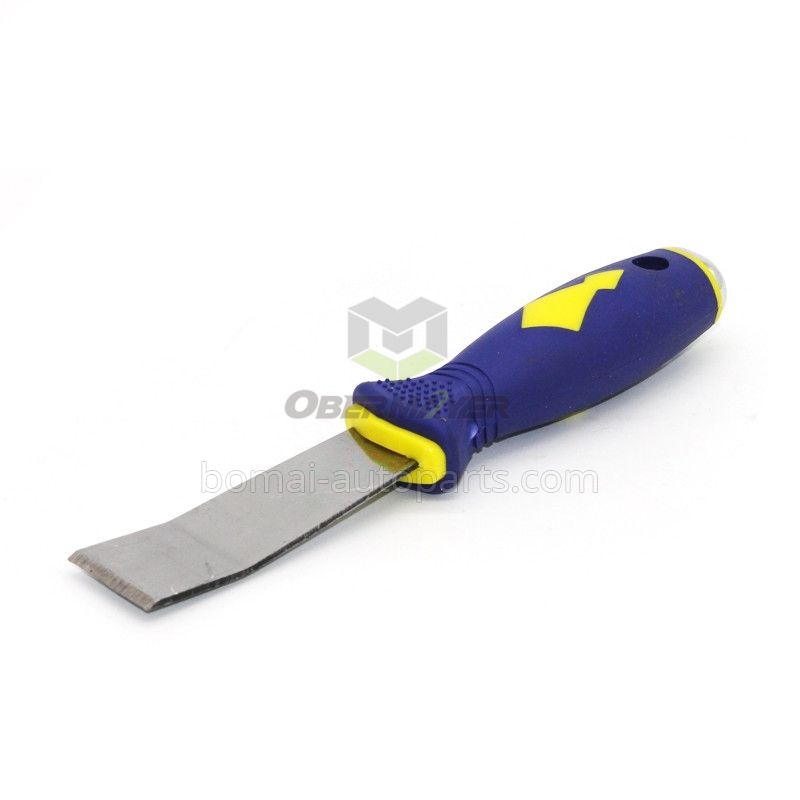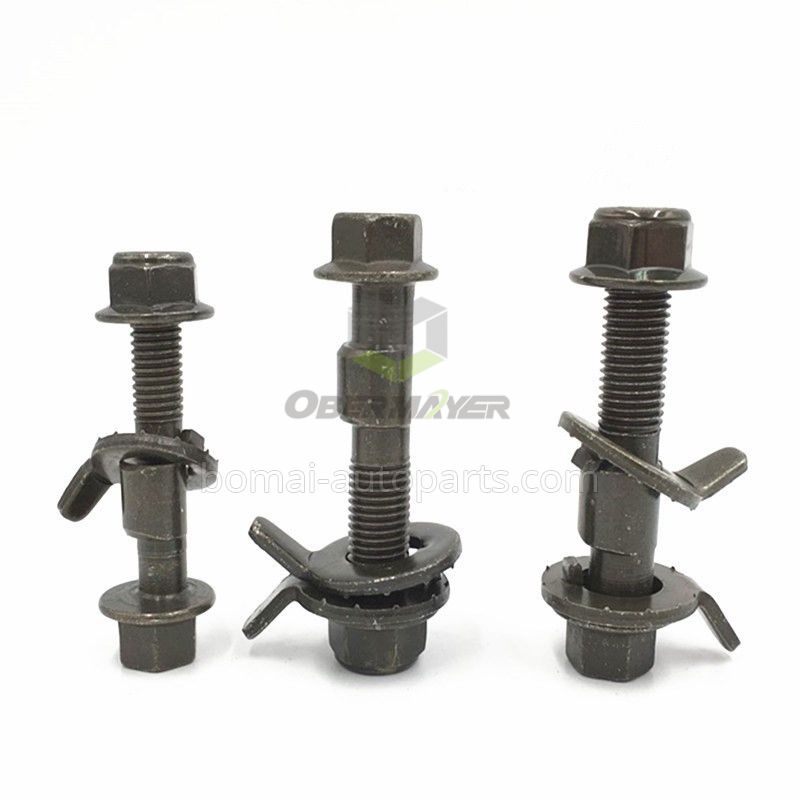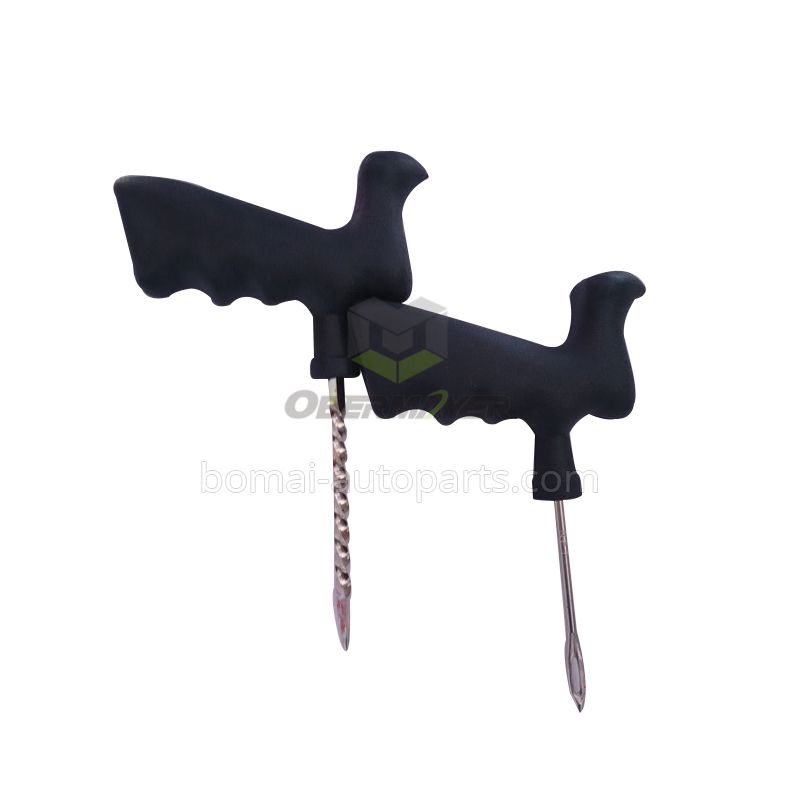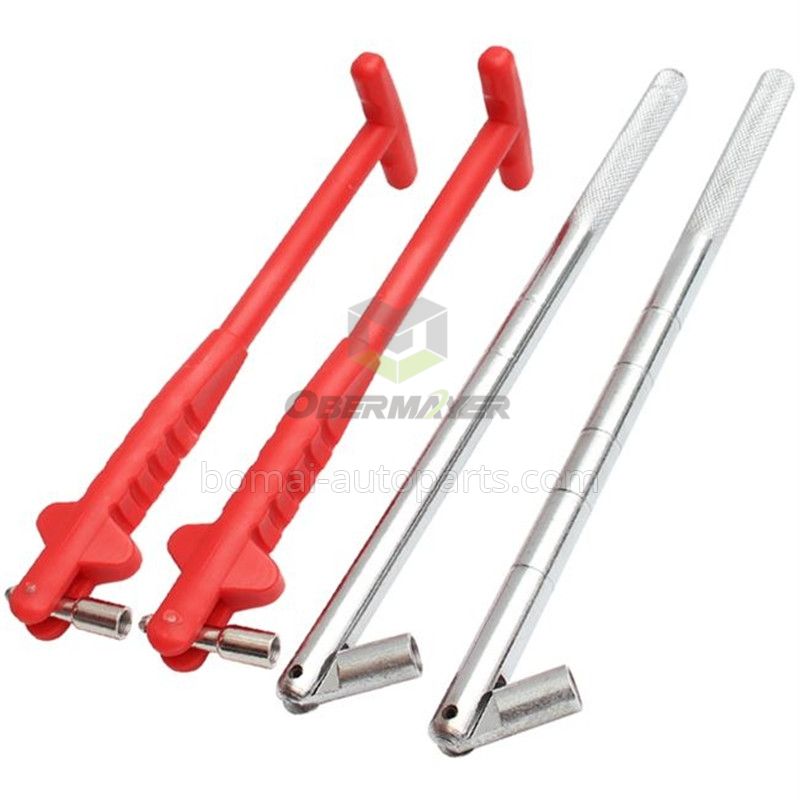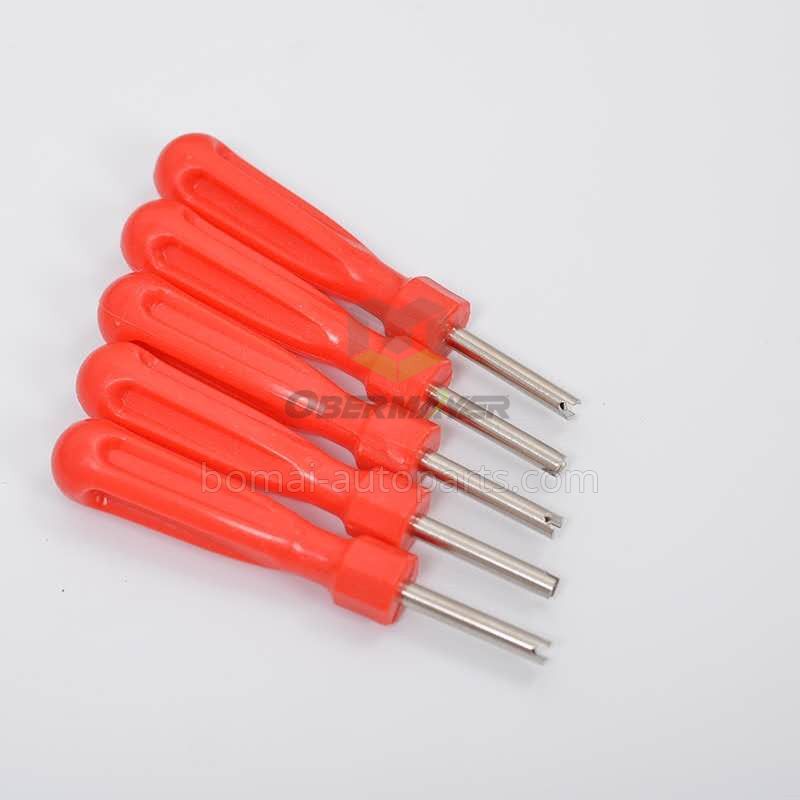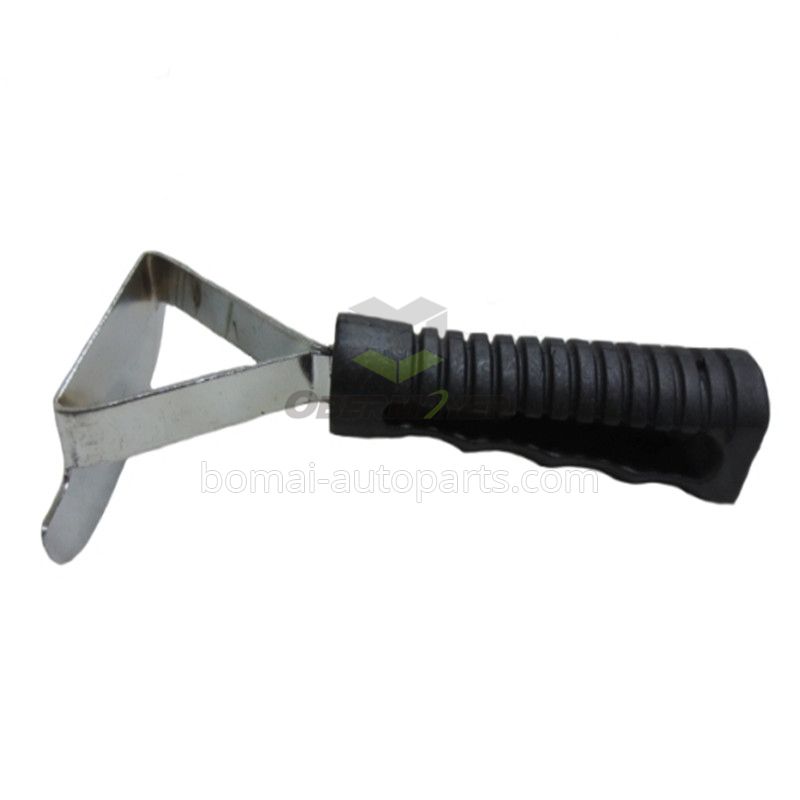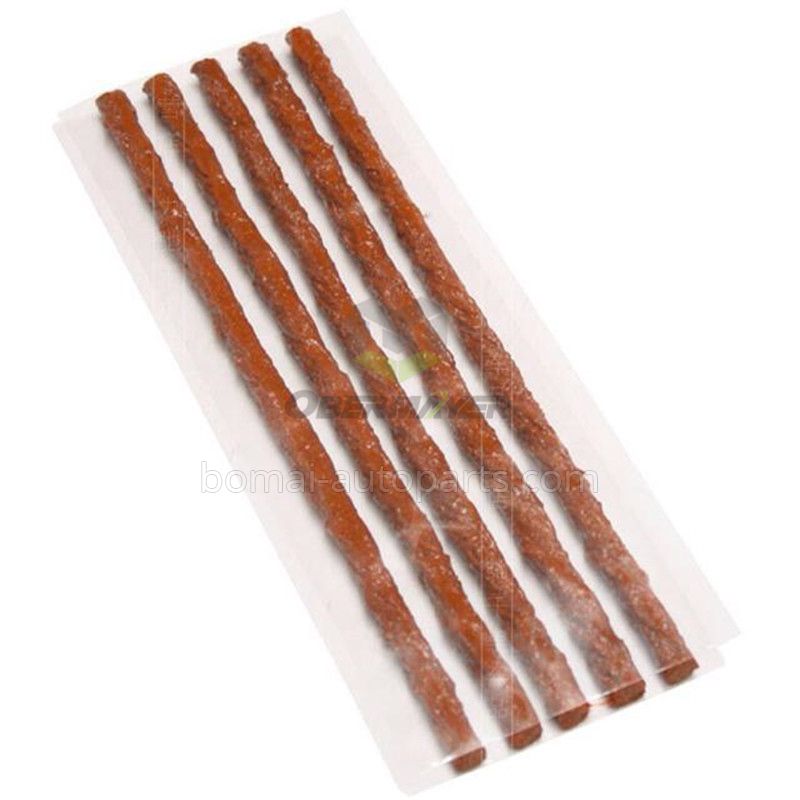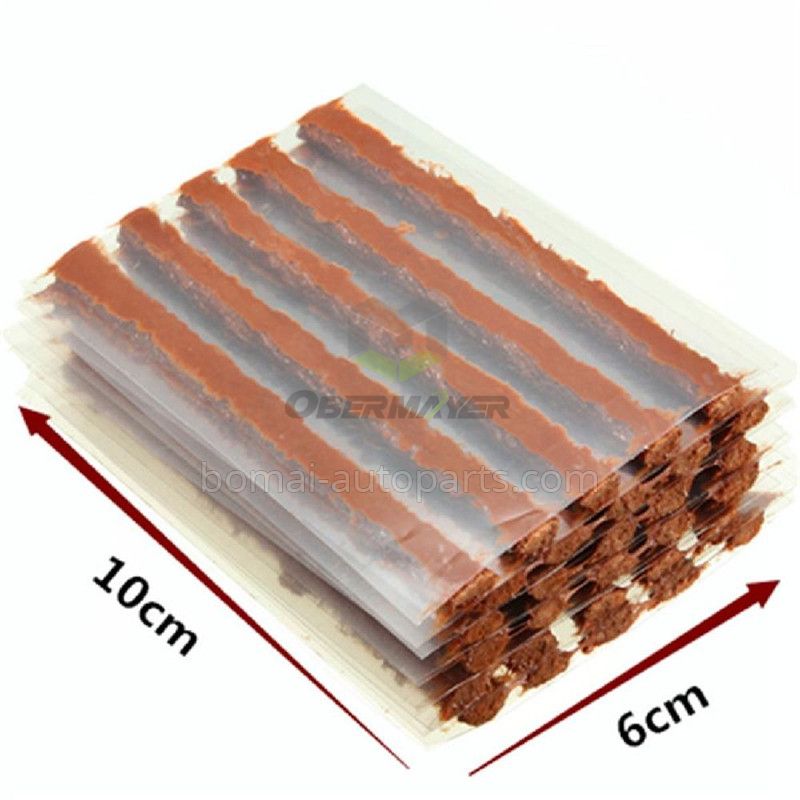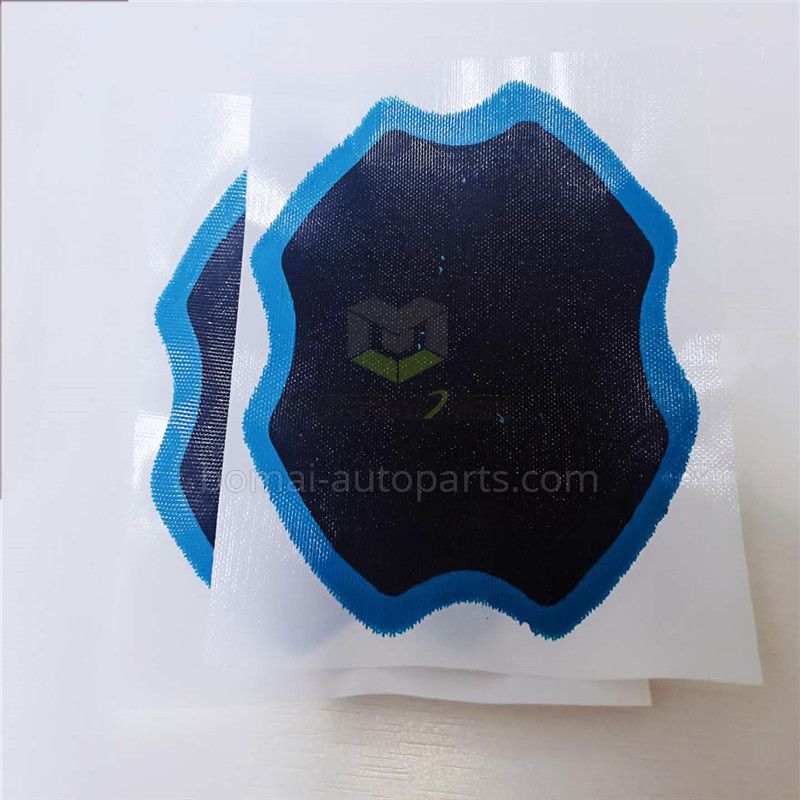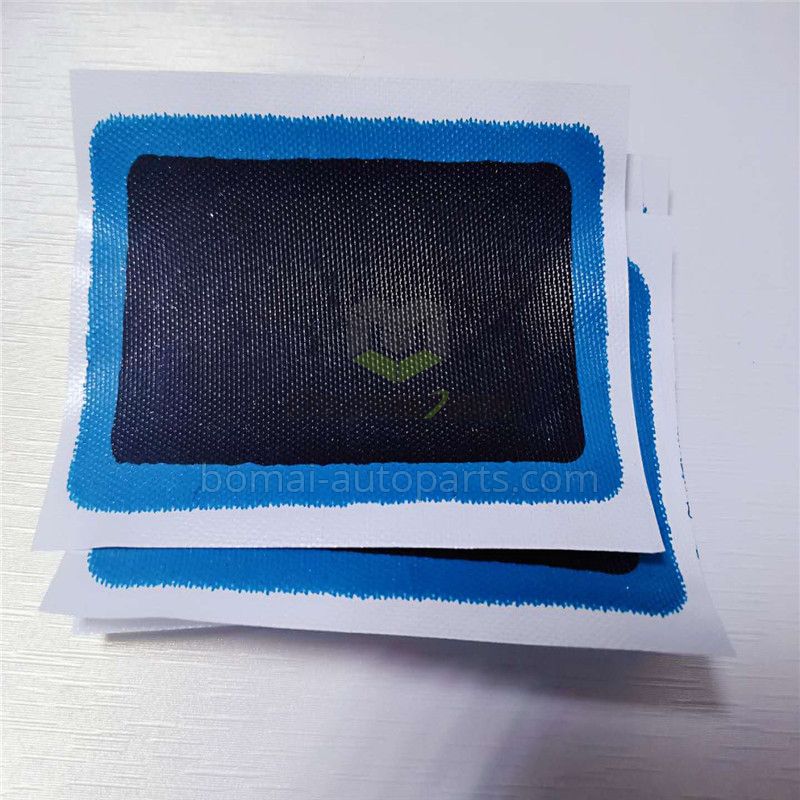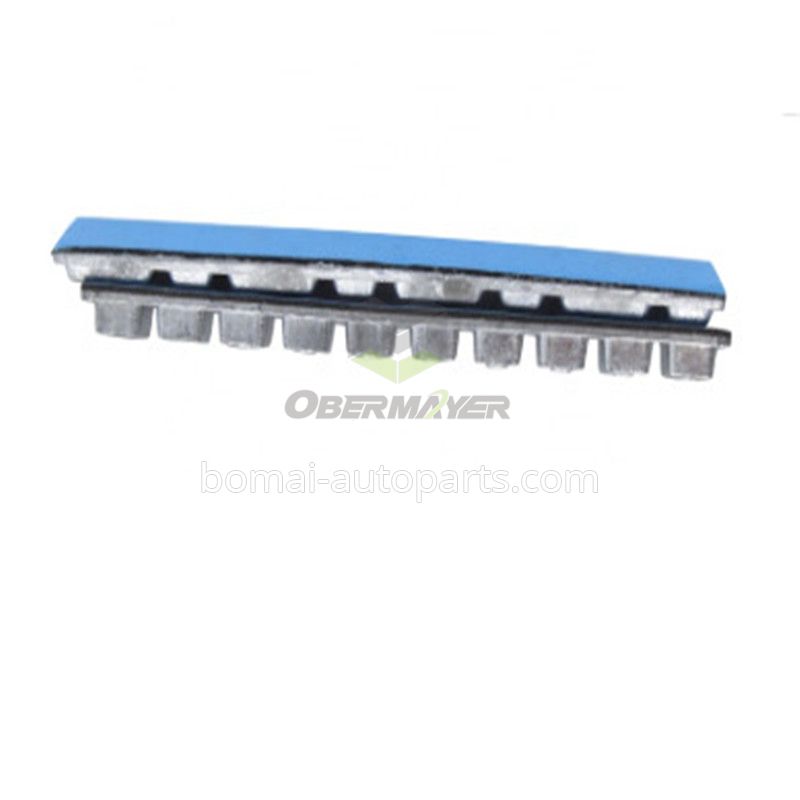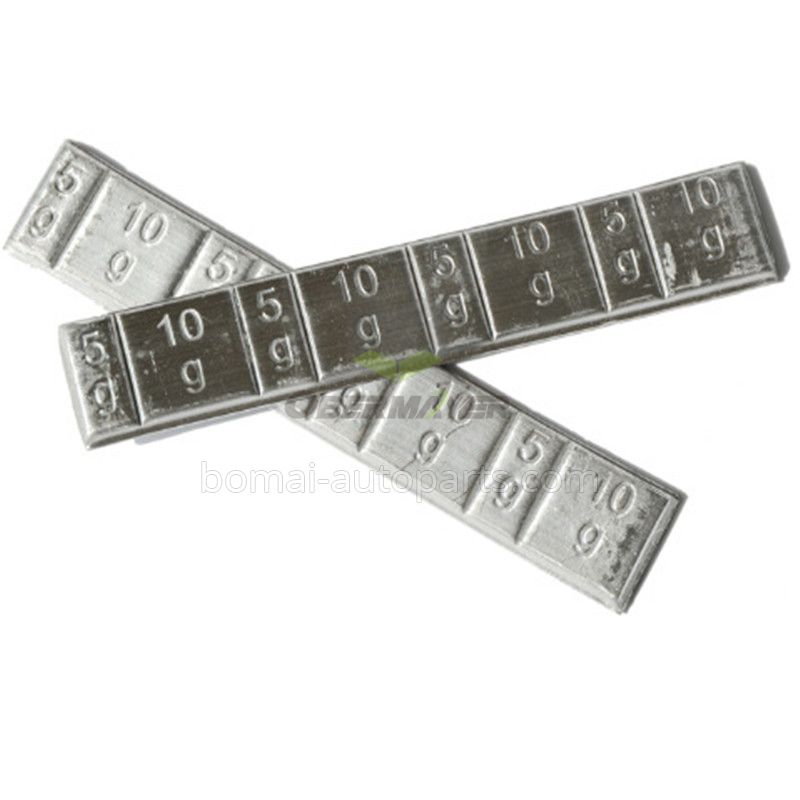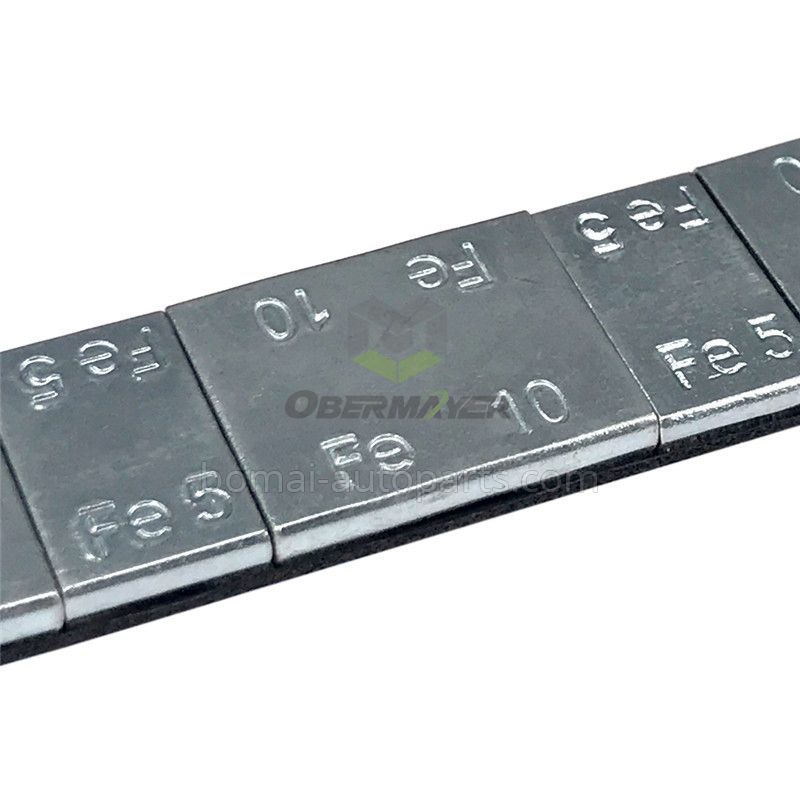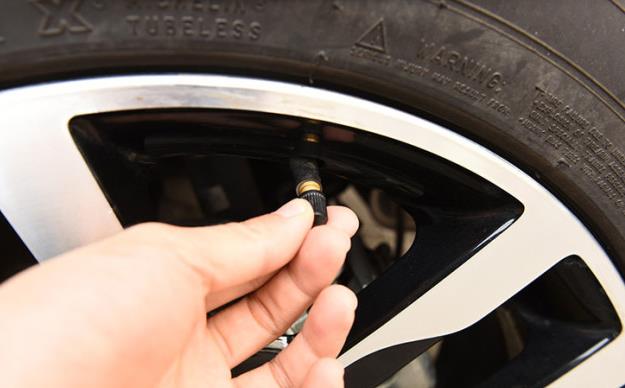Causes of Tire Blowouts & Driving Through It
These days, tire quality is so good that you're more likely to see a tire blowout in a sitcom then you are to experience one in real life. But that may cause greater panic for anyone who gets one, since fewer people know how to handle it. And tire blowouts do still readily occur.
A blowout is the sudden loss of air pressure in any inflatable tire, sometimes accompanied by the sound of an explosion. They're caused by too little air pressure, extreme heat, impact damage, overloading, or a combination thereof. The recipe, in any case, is always excessive strain on a tire's internal structure.
Let's go over the causes of blowouts, and then look at how to drive through one.
What Causes a Tire Blowout?
Underinflation
Some people are afraid to inflate their tires themselves for fear of a tire blowing out. The cause in fact is most often in underinflation. Insufficient air pressure causes a tire to sag, flexing beyond the shape at which it can properly function to support a vehicle's load. The tire will then overheat, and its rubber's bond with the reinforcing layers will soften, weaken, and give.Always follow the manufacturer's suggested tire pressure, and make sure your tires are maintained at that amount. Yes, new vehicles come equipped with a Tire Pressure Monitoring System, and that will alert you of extreme underinflation. But many blowouts occur from multiple factors in combination with the underinflation. You want to reduce as many variables as possible, entire pressure is an easy one to handle.
Overloading
Just because you buy an aggressive looking truck doesn't mean you can burden it with the weight of whatever heavy cargo you choose. Every vehicle has a gross vehicle weight rating, and it's been calculated for a reason. Excessive loads squish a tire, leading to it overheating. At which point we see the structure of the tire failing. If there is any question whether your vehicle can sustain the weight of a particular trailer, get a definitive answer prior to embarking on your haul.Extreme Heat
While heat itself may not cause a tire to rupture, it is a contributing factor in many a blown-out tire's demise. The heart of summer, from May to late August, is known as tire blowout season because it's this time of year that many people overload their vehicles and take off on drives on long hot roads. It should be no surprise that the warmer, touristy states see more than their fair share of roadside tire carcasses.Impact Damage
Dangerous injury to your tire can occur by hitting objects as seemingly innocuous as the curb of a parking spot. Of course, slamming into a pothole is bad. But all it takes is a direct hit to cause shearing pressure on a tire's composition. Sure, we've all bonked into the lip of a driveway and nothing's happened. What often occurs over time however is a gradual breakdown, the loss of air pressure bit by bit over a period of months or years, until finally a slow death results in—POP.How To Drive Through A Tire Blowout
In a split second your vehicle just went from cruising to limping. You'll feel like you don't know what hit you. And that's because nothing did. It may sound counterintuitive but the advice commonly given—if you suddenly lose a tire—is to briefly accelerate. This should prevent you from losing control of the vehicle.
Most people have the reflex to brake hard and cut the wheel. With three tires instead of four, your vehicle won't turn the way you're expecting it to. Cutting the wheel risks sending yourself into a spin.
Just press the gas to sustain your cruising speed. Because the blown-out tire will create drag on the vehicle, you won't be able to truly accelerate. By maintaining a safe speed, you'll be able to gain your bearings in the stabilized vehicle and steer it to the road's shoulder while decelerating safely.
Please take these suggestions as just that, and know that all situations are unique. Prevention is always the best solution.




